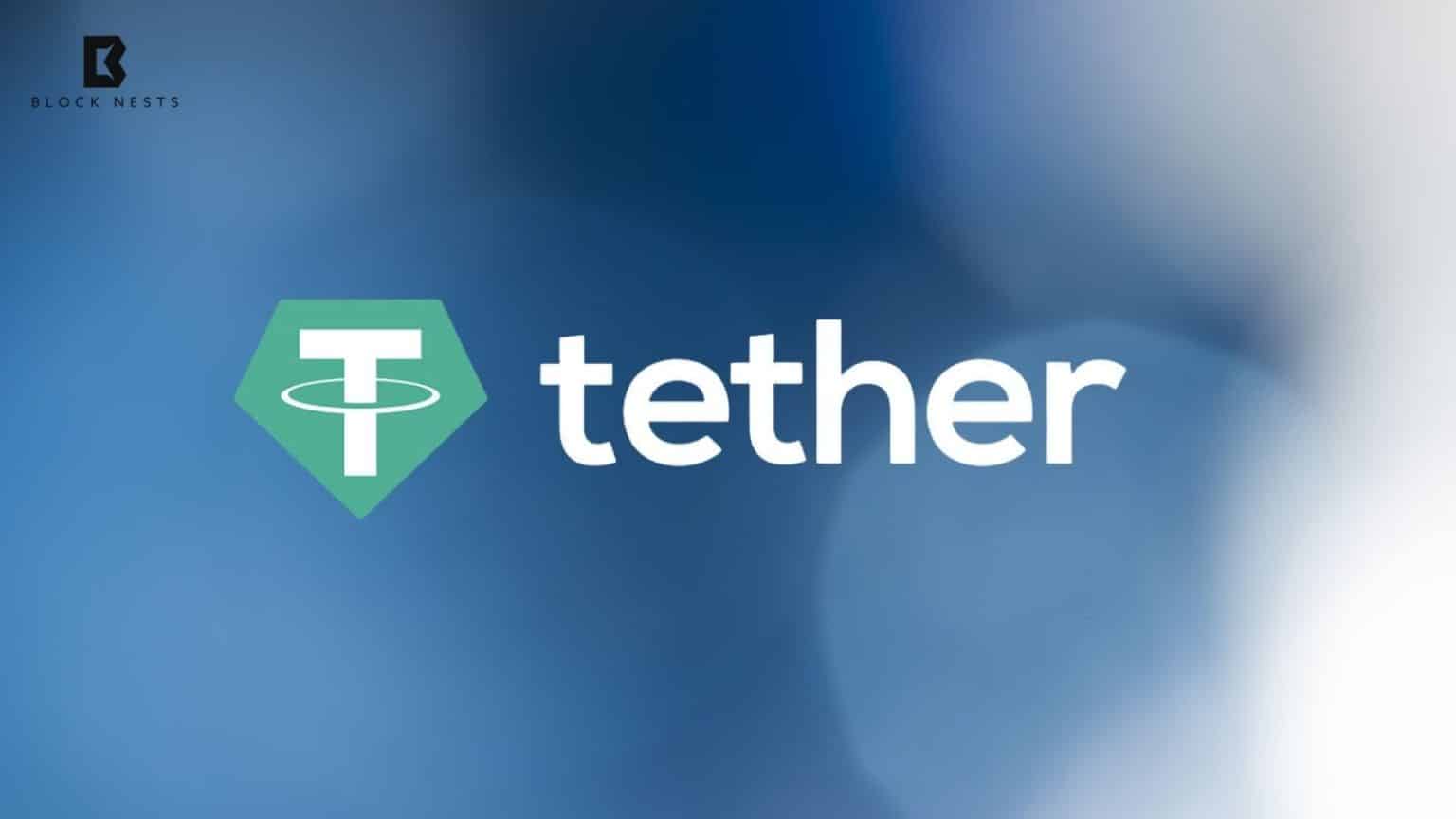- Stripe acquires Privy to integrate secure wallet infrastructure and expand deeper into Web3 finance.
- The move follows Stripe’s earlier Bridge deal, building a full-stack crypto payment ecosystem.
- Developers can now launch Web3 apps easily using streamlined wallet and payment integration tools.
Stripe has entered the Web3 arena with a bang, purchasing Privy, an infrastructure crypto wallet provider. The shift is in line with Stripe gradually widening its scope to become a leader in digital finance. As highlighted by the analytical platform Santiment, it represents the increasing interest of the crypto community in the changing role of Stripe.
Privy is a safe, scalable wallet infrastructure that is made to support millions of users. Its platform makes it easy to manage digital assets so that developers and end-users can engage with blockchain environments with ease. Through Privy, Stripe also plans to offer frictionless access to Web3, integrating wallets, compliance, and payment products into a single powerful offering.
1/ Today, we're proud to announce that Stripe is acquiring Privy.
— Privy (@privy_io) June 11, 2025
We couldn’t be more excited.
Privy will continue as an independent product – but now we’ll move faster, ship more, and serve you even better, so you can stay focused on your users. pic.twitter.com/8CHJqhqYy7
Stripe’s Crypto Infrastructure Expansion
The acquisition is the second major crypto infrastructure acquisition by Stripe within a short time. In the past, the company has acquired Bridge, which focuses on stablecoin infrastructure. Combined, those acquisitions indicate a strategic direction for Stripe to develop a complete crypto payment stack that would suit the requirements of contemporary financial ecosystems.
Stripe is currently focused on developers and companies that want to build Web3 applications without having to deal with the technical complexity of the backend infrastructure. The company allows a plug-and-play solution to crypto integration, combining the Privy developer-friendly wallet system with existing Stripe payment tools. It is aimed at making blockchain applications more friendly, safe, and standardized to international standards.
The technology developed by Privy is known to be lightweight, user-friendly, and robust in terms of security infrastructure. All these features are in line with the main principles of Stripe, namely speed, simplicity, and trust. This combination can provide Stripe with an advantage as it enters the expanding realm of decentralized finance infrastructure.
Ethereum’s Growing Influence
The broader crypto ecosystem fiercely rolls on in the meantime. Ethereum continues to be the topic of conversation, especially regarding its use in DeFi, staking, and NFTs. Traders are closely watching the price action in Ethereum and how institutional investment in ETH is gathering momentum.
In the meantime, the U.S. Consumer Price Index (CPI) stood at 2.4%, lower than expected. This has renewed the interest in cryptocurrencies such as Bitcoin as inflation hedges. Digital assets are again regarded as alternative stores of value under uncertain economic conditions.
Source: X
A less popular yet promising blockchain, Nano, is also gaining traction. It is feeless, and environmentally friendly transactions are interesting to users concerned with sustainability. It is yet to go mainstream, but such tools as NanoGPT can facilitate its wider usage. Stripe is now better positioned to define the future of Web3 finance with Privy in its arsenal.
How would you rate your experience?






